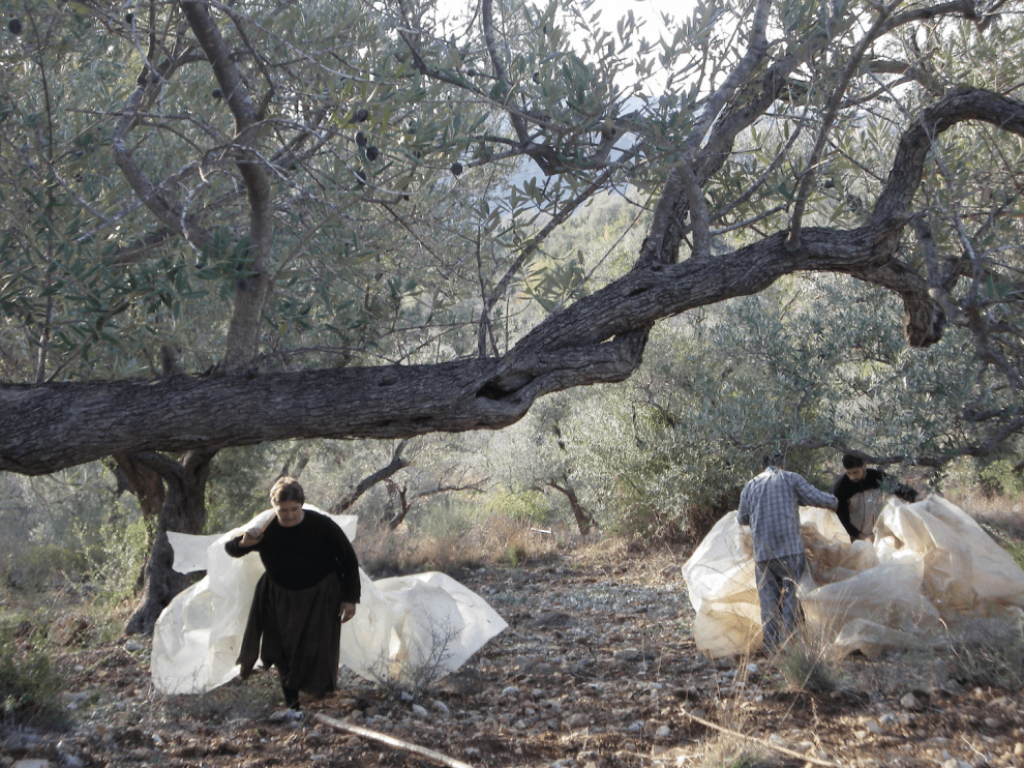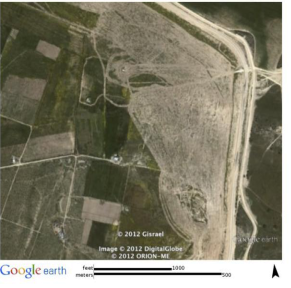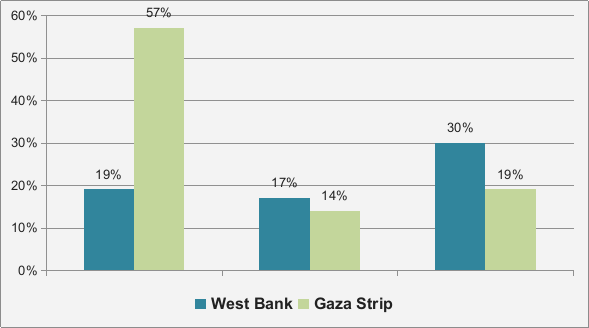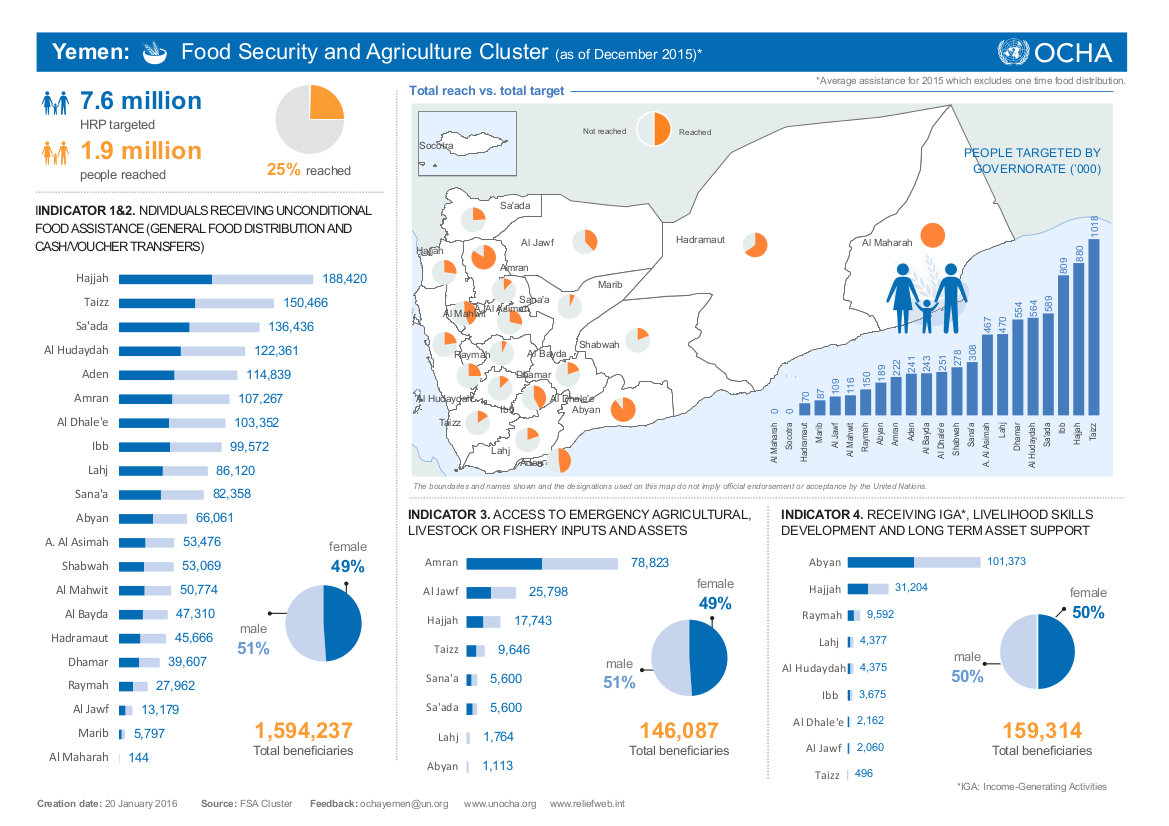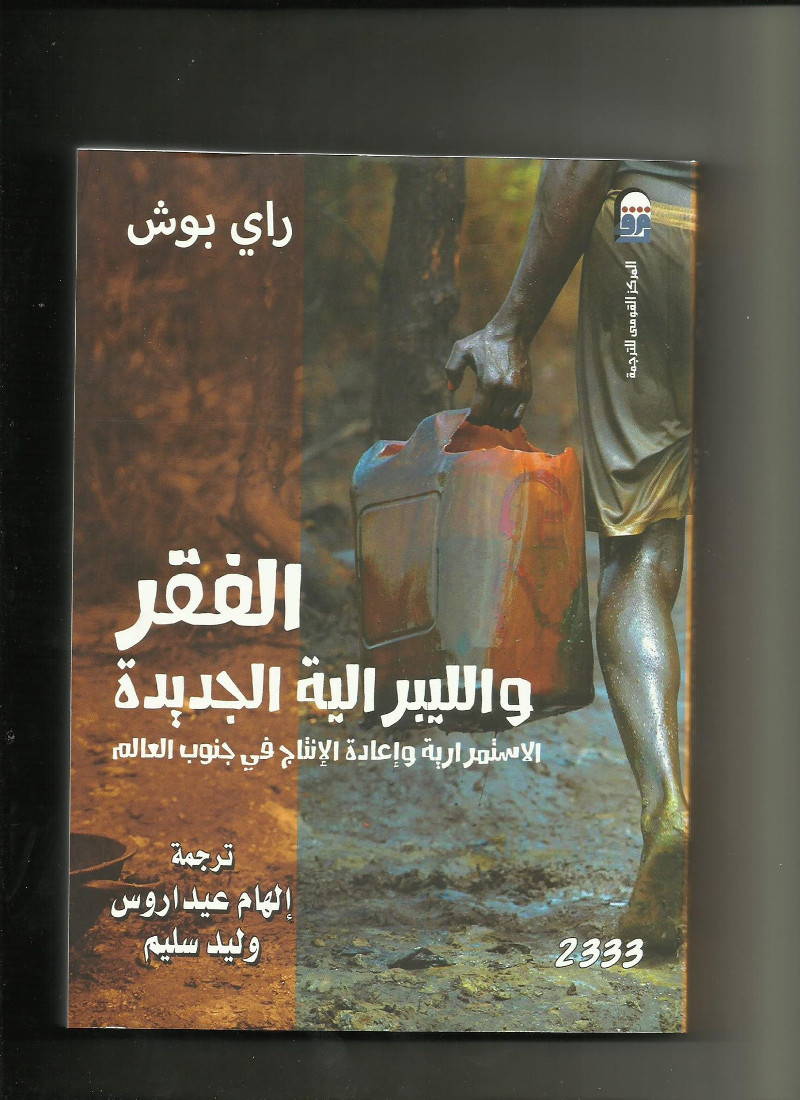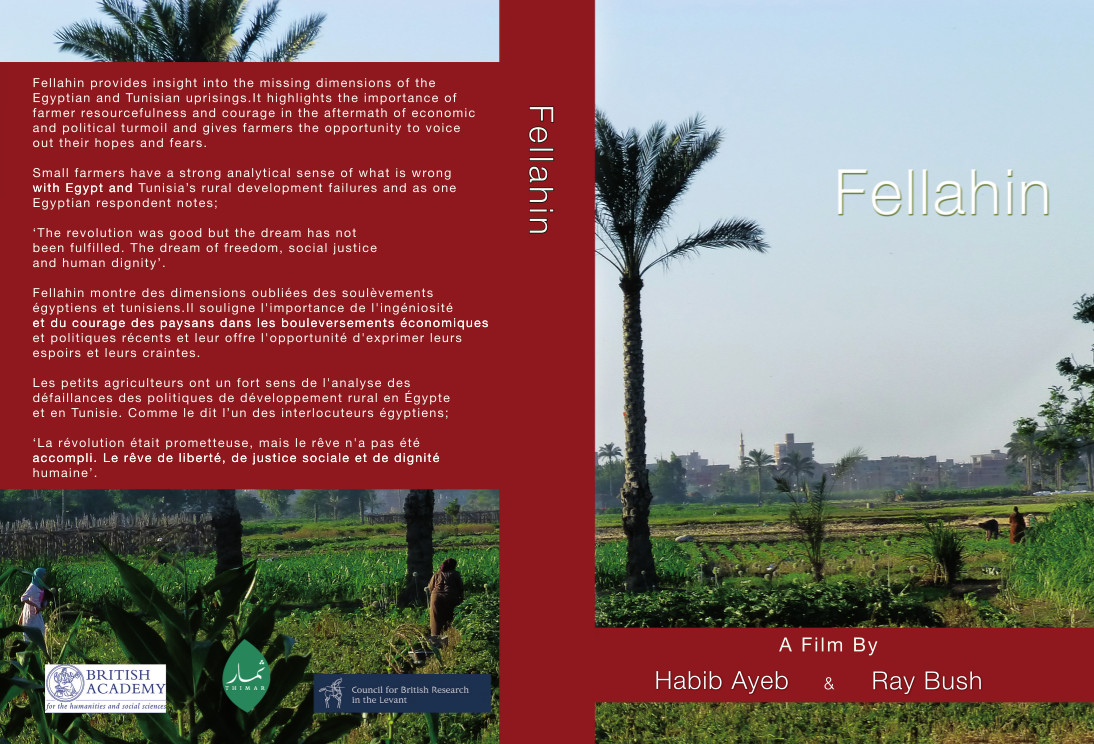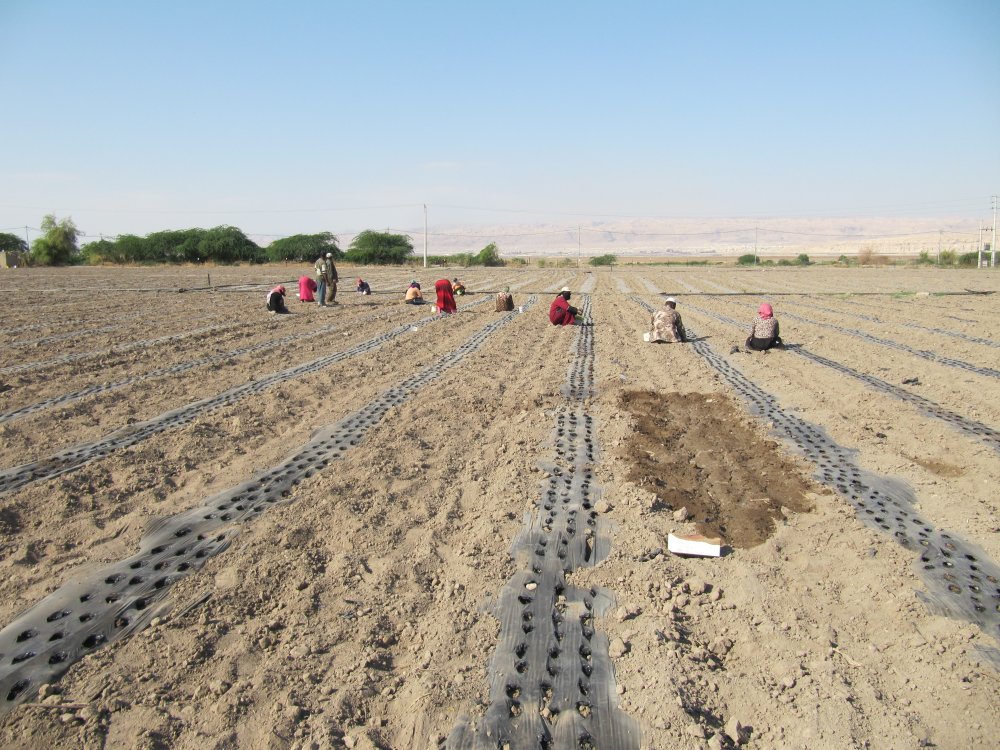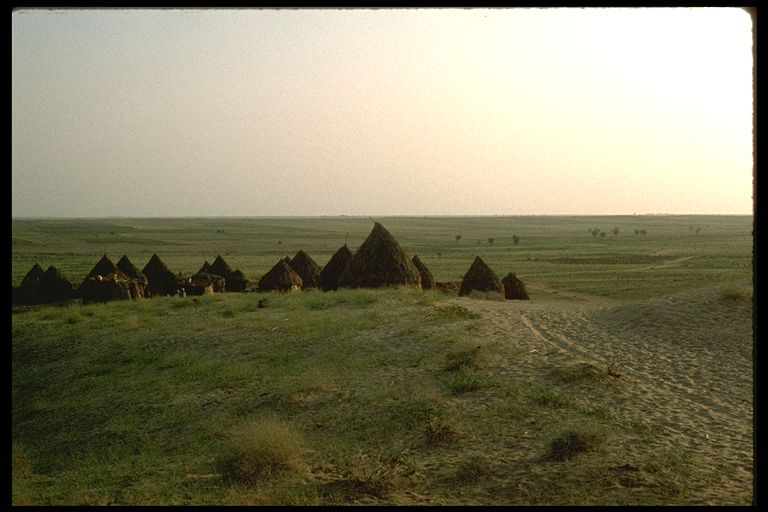National Conflicts, Food Sovereignty and Development Cooperation
Implications for Peace and Development in Countries in Conflict Situations: Case of Palestine
With the generous permission of the Arab Network for the Protection of Nature (APN) we are publishing the summary for this important report summary as well as further publications and summary reports produced for APN:
- Boycott as a Mechanism for Exercising Market Power: the Case of Palestine Under Colonial Occupation: Executive Summary Full Report
- Pesticides and Agroecology in the Occupied West Bank: Executive Summary Full Report
- Human Rights and Toxic Chemicals in the Occupied West Bank (Palestine): Executive Summary Full Report
- Food Security Challenges and Innovation in Gaza: Full Report (APN) (Thimar)
Executive Summary
The colonization, occupation, and closure experienced in Palestine over the past several decades have caused the local food and agricultural system to fall into steep decline. As in most conflicts of this nature, Palestine has also attracted the attention and funding of the international community. This paper addresses the impact that this interest from the international development sector has had on Palestine’s food system, arguing that both the Israeli occupation and the international donor community contribute to the inability of Palestinian farmers to achieve sovereignty over their food system.
Israeli occupation and closure have had a detrimental impact on the agricultural sector. While the entire food system is affected, the most significant impact has been on the production end, as a significant amount of farmland has been confiscated by Israeli forces, for illegal colony construction in the West Bank and for the establishment of ‘security’ zones in the Gaza Strip.
Palestinians living in the Occupied Palestinian Territories are the largest per capita aid recipients worldwide1, with international aid making up an estimated 36 percent of GDP;2 Gaza in particular is heavily dependent on aid3, with 80% of the population receiving some form of assistance, primarily food aid. Accepting aid has often meant accepting the terms and recommendations of those offering assistance. The aid industry in the oPt has been widely criticized and debated for a number of reasons. In the agricultural and food sectors, it has been argued that aid “directs Palestinians to consume what they don’t produce; and eat only what and when their occupier allows.”4
This paper identifies a number of ways that development cooperation is undermining Palestine’s struggle for a sovereign food system:
- Palestinian NGOs become depoliticized due to selective funding which excludes overtly political projects and organizations, restricting political aspects of projects, and requiring organisations to avoid open criticism of the occupation or support for the resistance movement5
- Conditionalities attached to foreign aid, most notably USAID, serve to prevent Palestinians from developing a popular, cohesive movement to achieve sovereignty and ‘development’
- The aid community removes the burden of responsibility for the devastating impacts of the occupation, colonization, and repeated military campaigns from Israel, as the development industry tries to ‘band-aid’ these impacts6
- Local NGOs are forced to spend their resources, both time and money, on “servicing donors in order to meet their administrative demands”7
- Funding is often distributed on a project-by-project basis which is incompatible with long-term situations8
- Lack of appropriate focus serves to legitimize, maintain, and entrench a status quo that is counter to both international law and human rights.
The report proposes four primary recommendations to improve the appropriateness and effectiveness of development cooperation:
-
Universal implementation of the Committee on World Food Security’s Framework for Action for Food Security and Nutrition in Protracted Crises
-
Adherence to the Do No Harm framework for donor intervention
-
Observance of International Law and Human Rights
-
Mobilization of community resources and community philanthrop
It is clear in Palestine that only a political solution that ends the Israeli occupation, secures access for Palestinians to their sources of production (land and water), and ensures genuine ownership of agricultural projects can end the ‘development’ issues faced by Palestinians.
Bibliography
1 Dalia Association. “Does the International Aid System Violate Palestinians’ Rights?” http://www.dalia.ps/node/123
2 Murad, Nora Lester. “An Alternative to International Aid”, Open Democracy (February 25, 2014) https://www.opendemocracy.net/openglobalrights/nora-lester-murad/alternative-to-international-aid
3 UNOCHA. “The Gaza Strip: The Humanitarian Impact of the Blockade” (July 2, 2015) https://www.ochaopt.org/content/gaza-strip-humanitarian-impact-blockade-july-2015
4 Nakhleh, Khalil. “Oslo: Replacing Liberation with Economic Neo-Colonialism.” Al-Shabaka (April 10, 2014) https://al-shabaka.org/commentaries/oslo-replacing-liberation-with-economic-neo-colonialism/
5 Awad, Yasmine and Robert E. Foxsohn. “Breaking the Complicity: ‘Developing Palestine means Ending the Occupation’”, Electronic Intifada (August 11, 2002)
6 Abdelnour, Samer. “Aid Industry Doing No Harm in Palestine?” Electronic Intifada (March 22,2011) https://electronicintifada.net/content/aid-industry-doing-no-harm-palestine/9826
7 Allen, Lori. “Funding Cannot Stop Rights Abuses” Open Democracy (November 11, 2013) https://www.opendemocracy.net/openglobalrights/lori-allen/funding-cannot-stop-rights-abuses
8 Allen, Lori. “Funding Cannot Stop Rights Abuses” Open Democracy (November 11, 2013) https://www.opendemocracy.net/openglobalrights/lori-allen/funding-cannot-stop-rights-abuses

